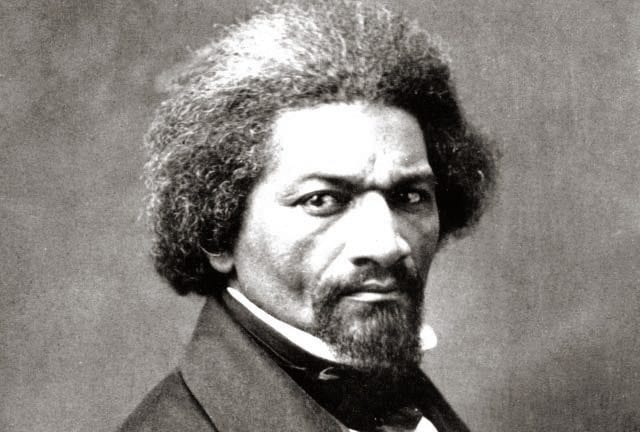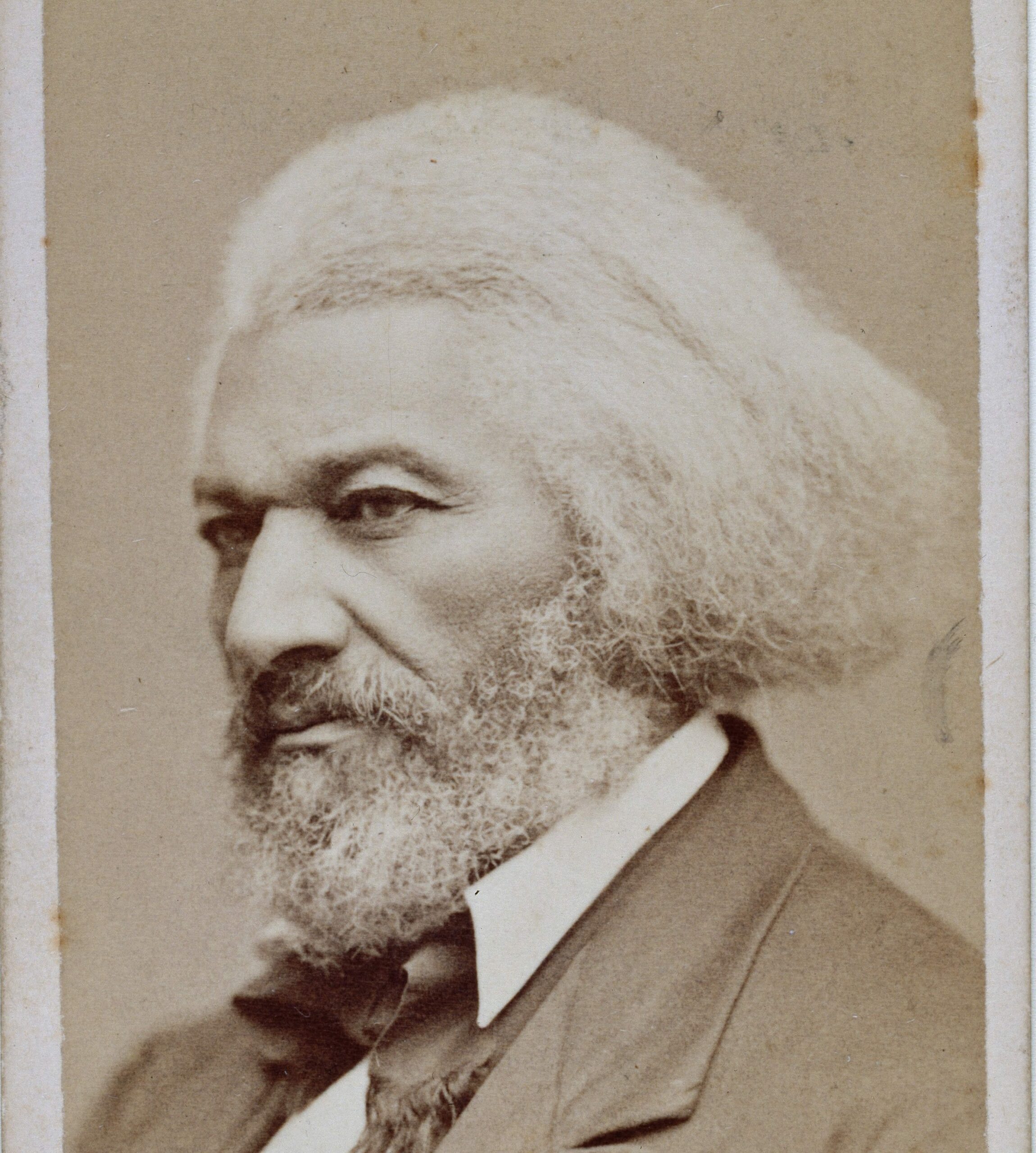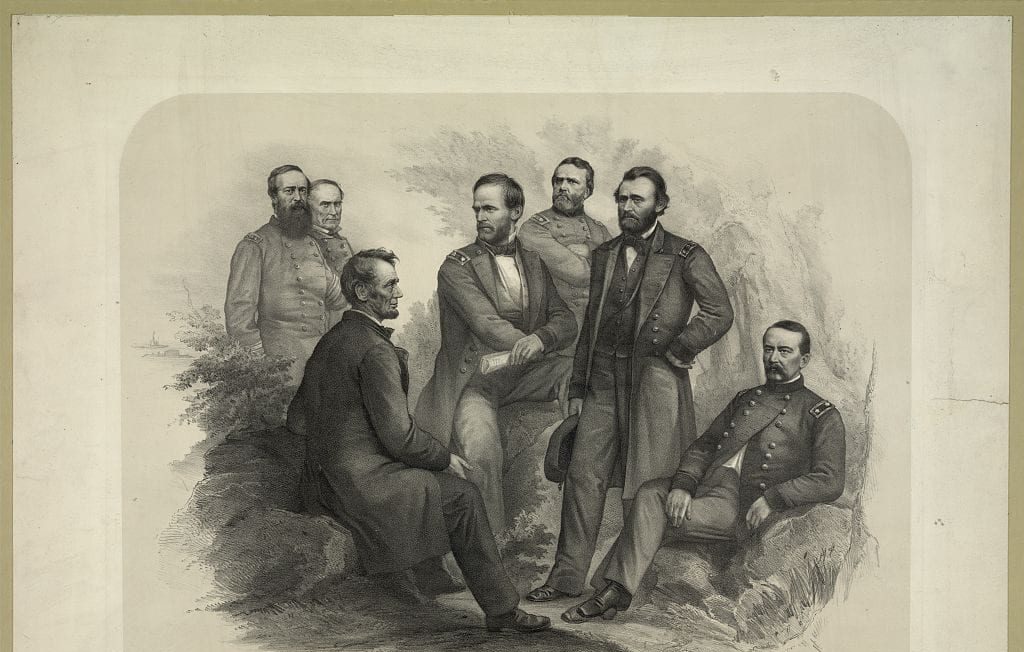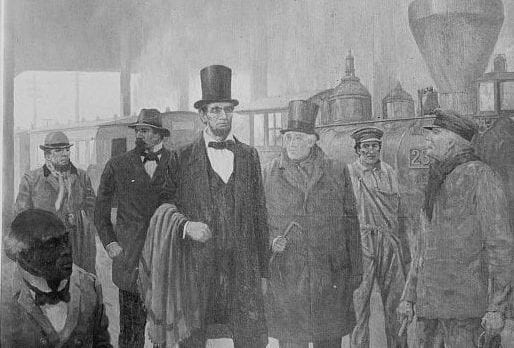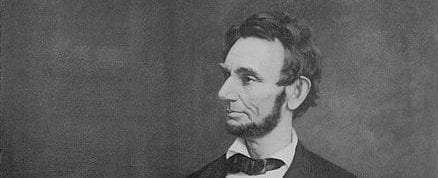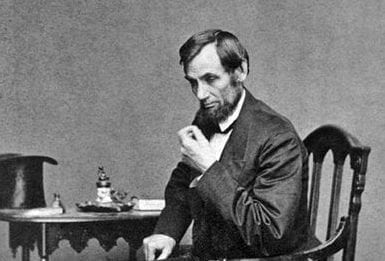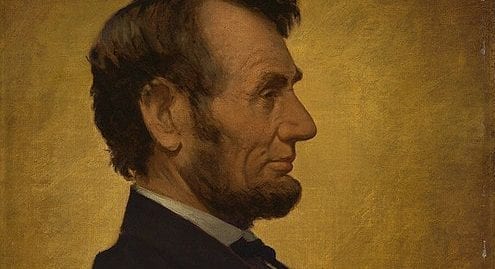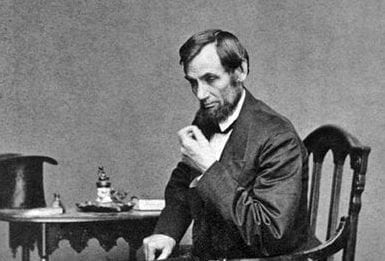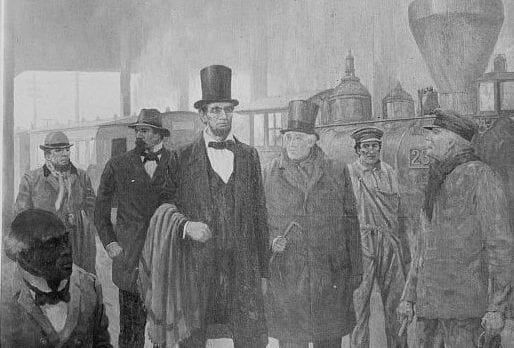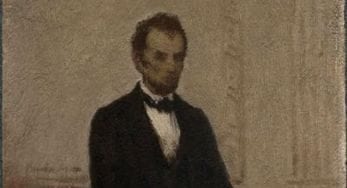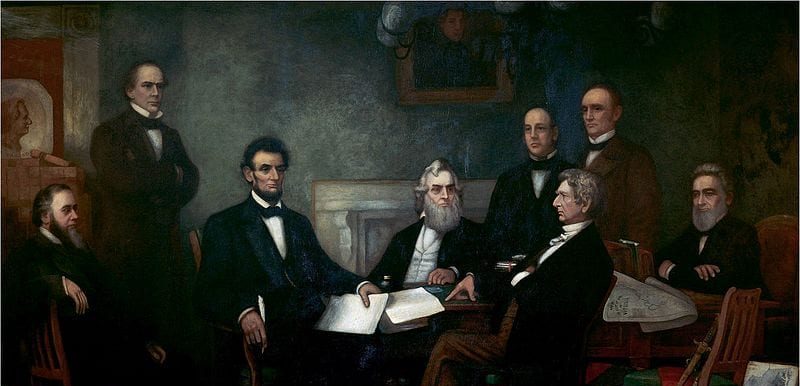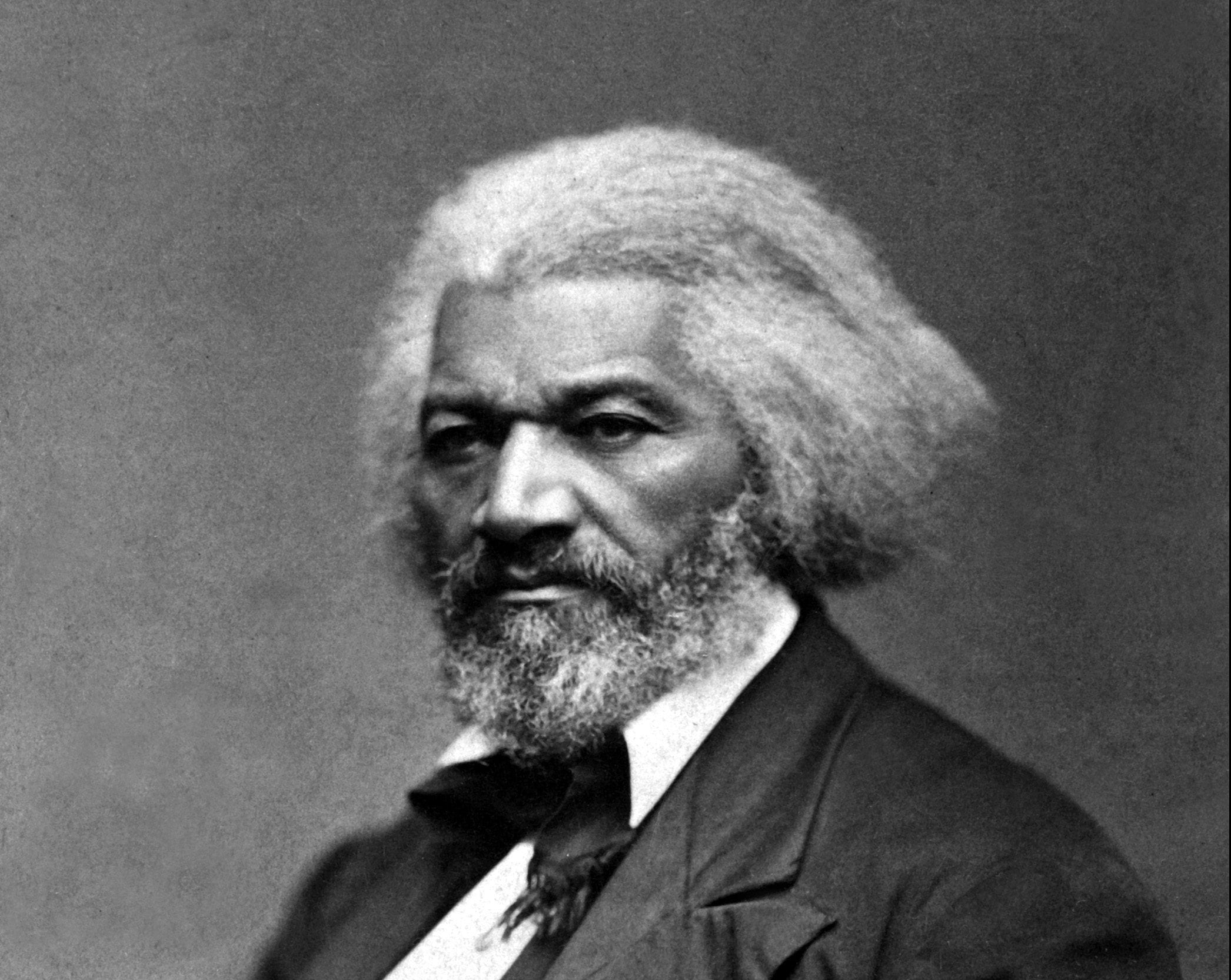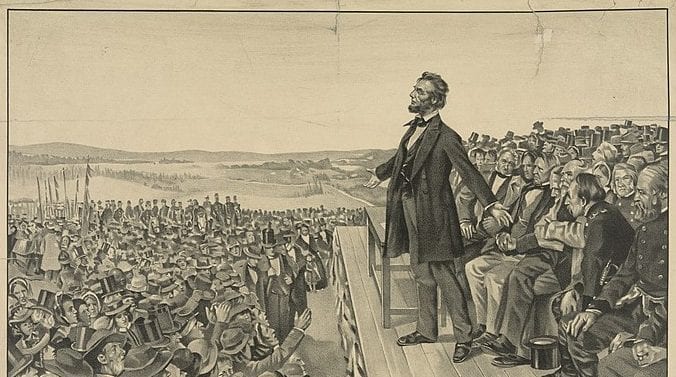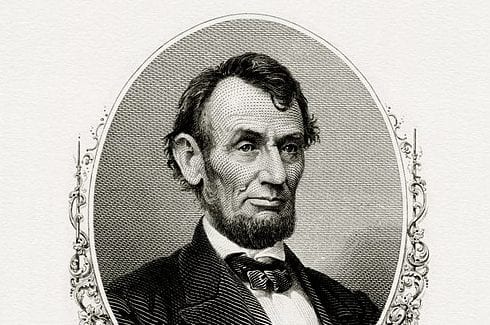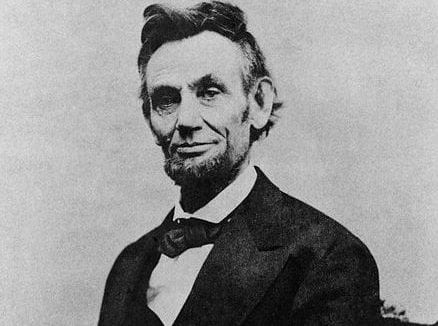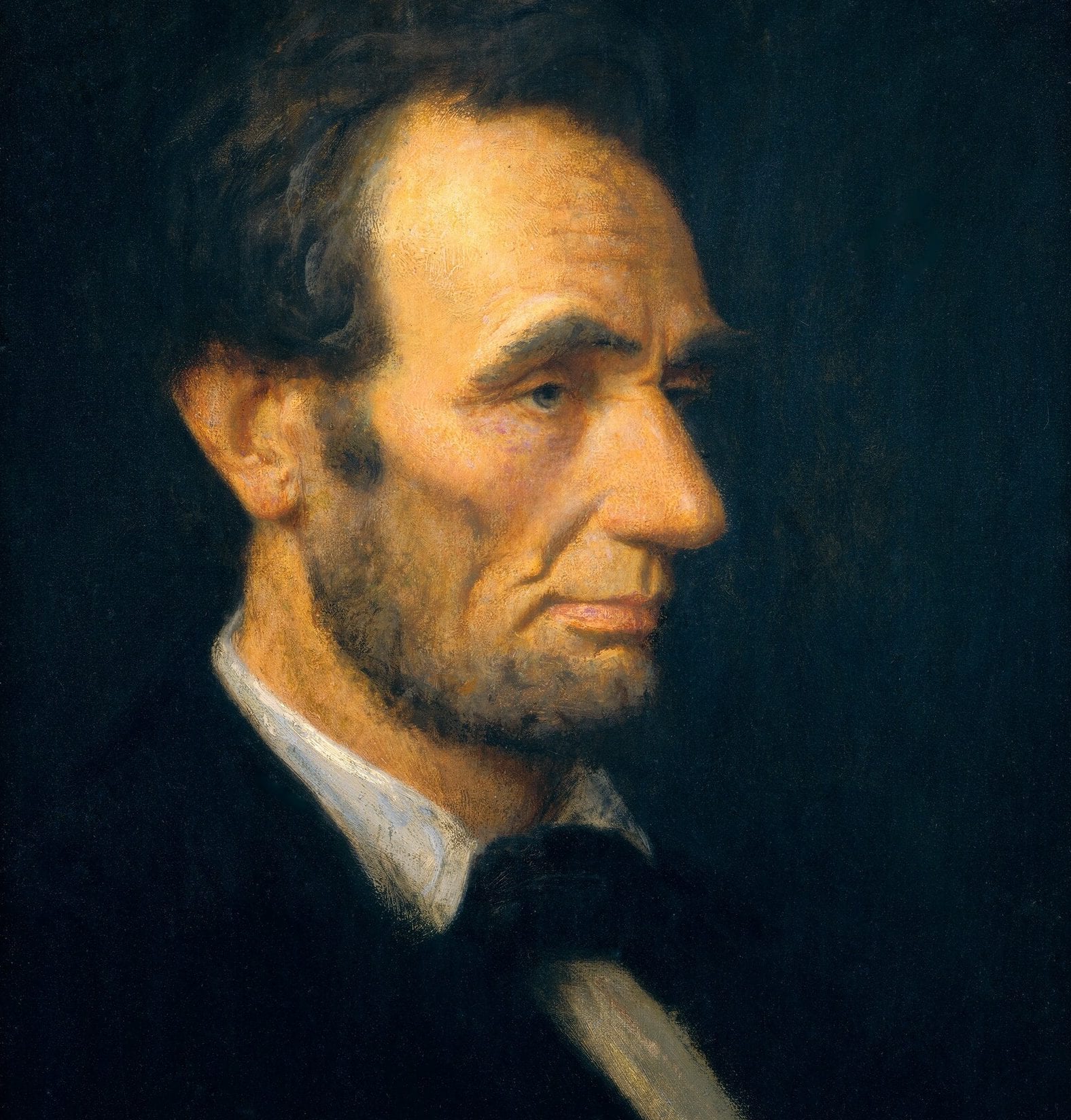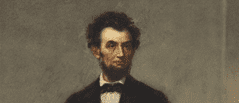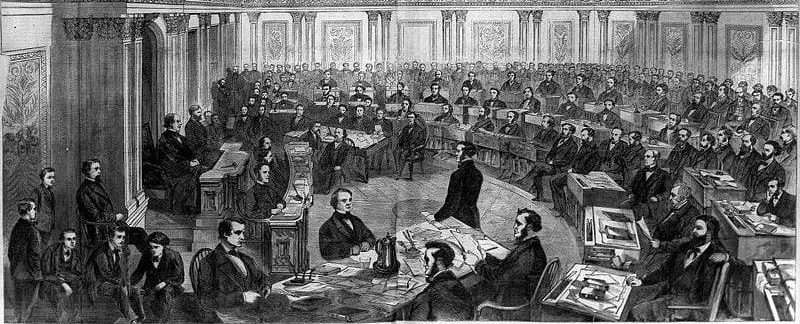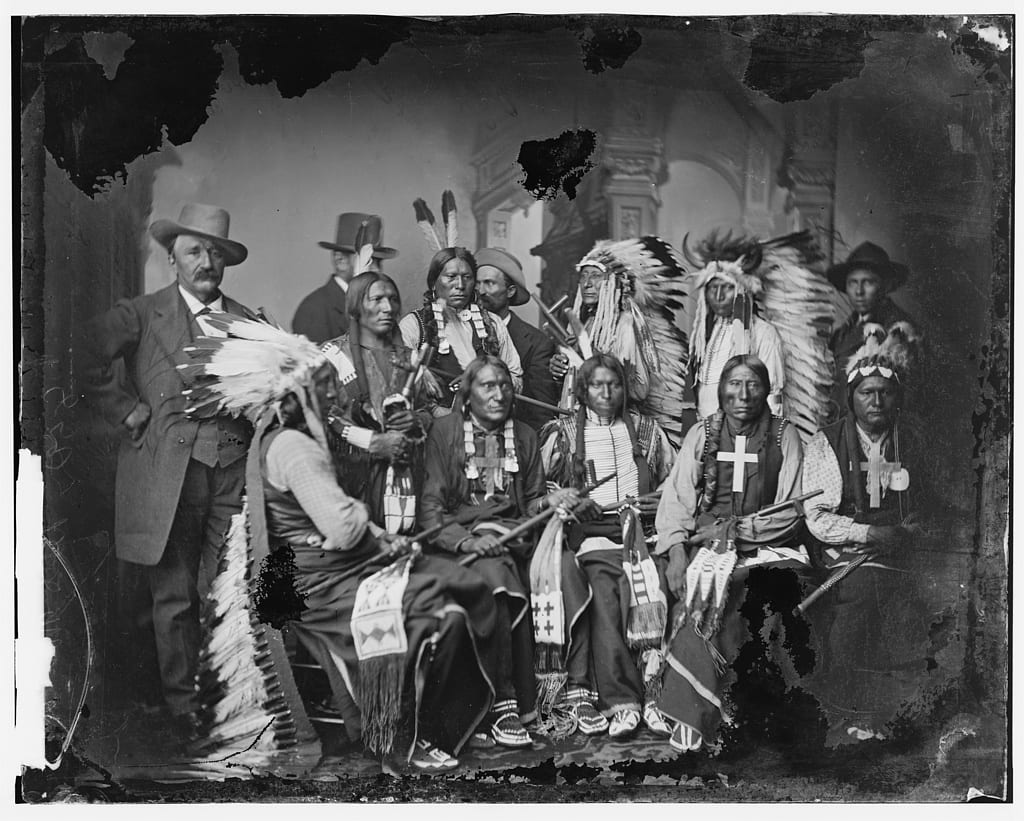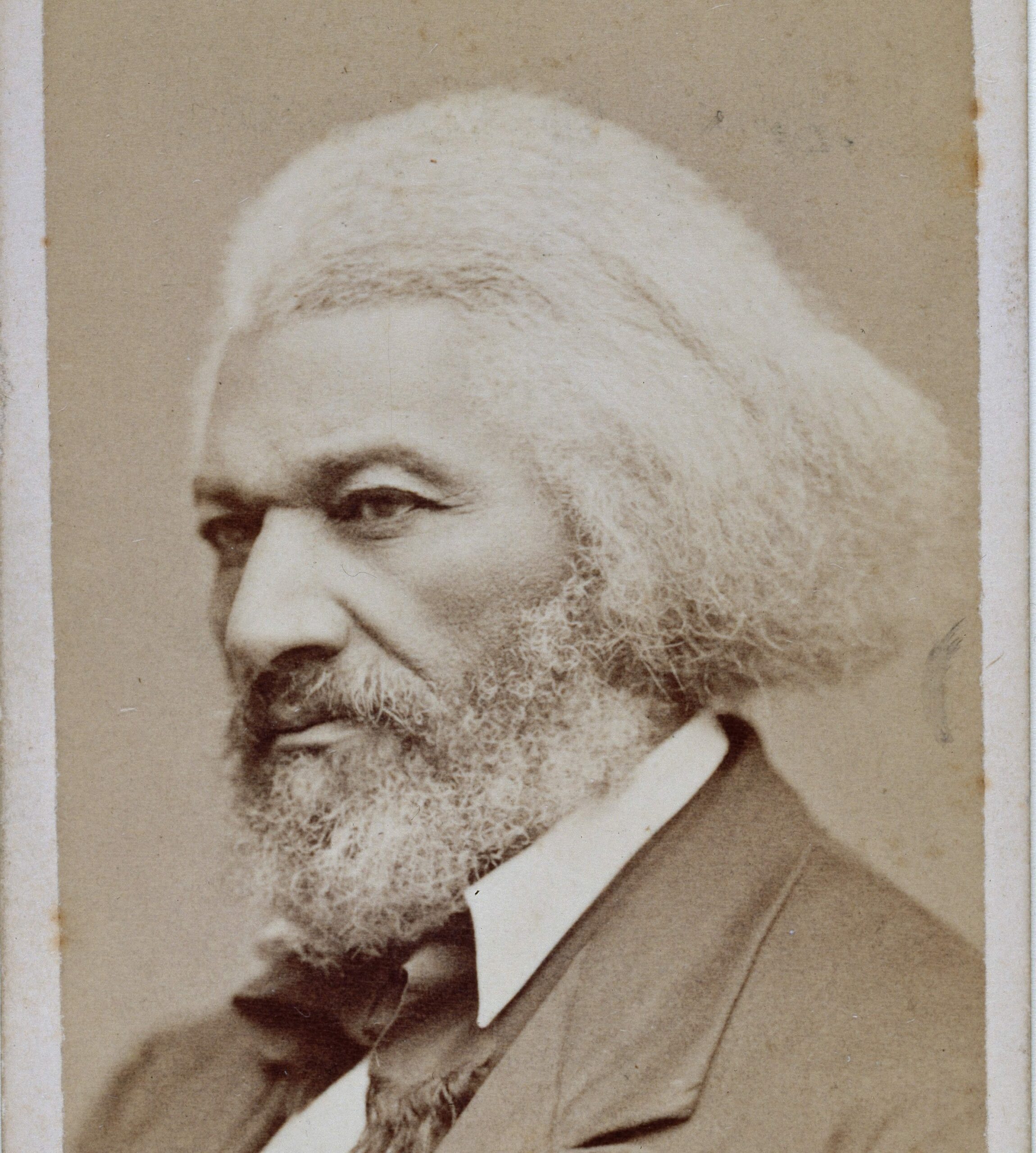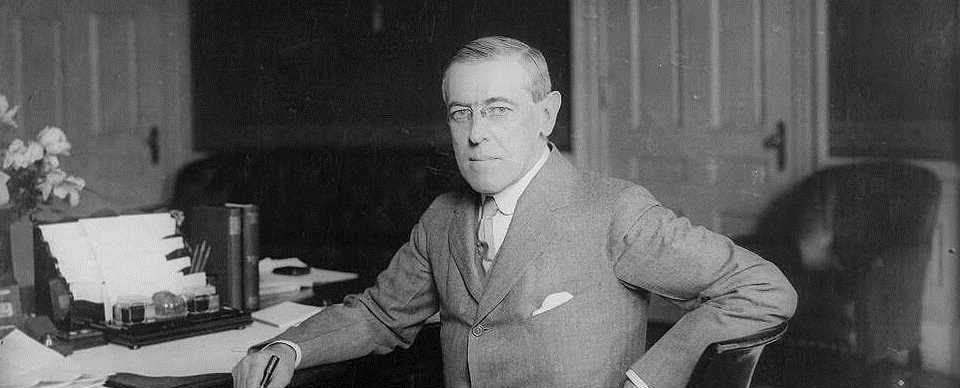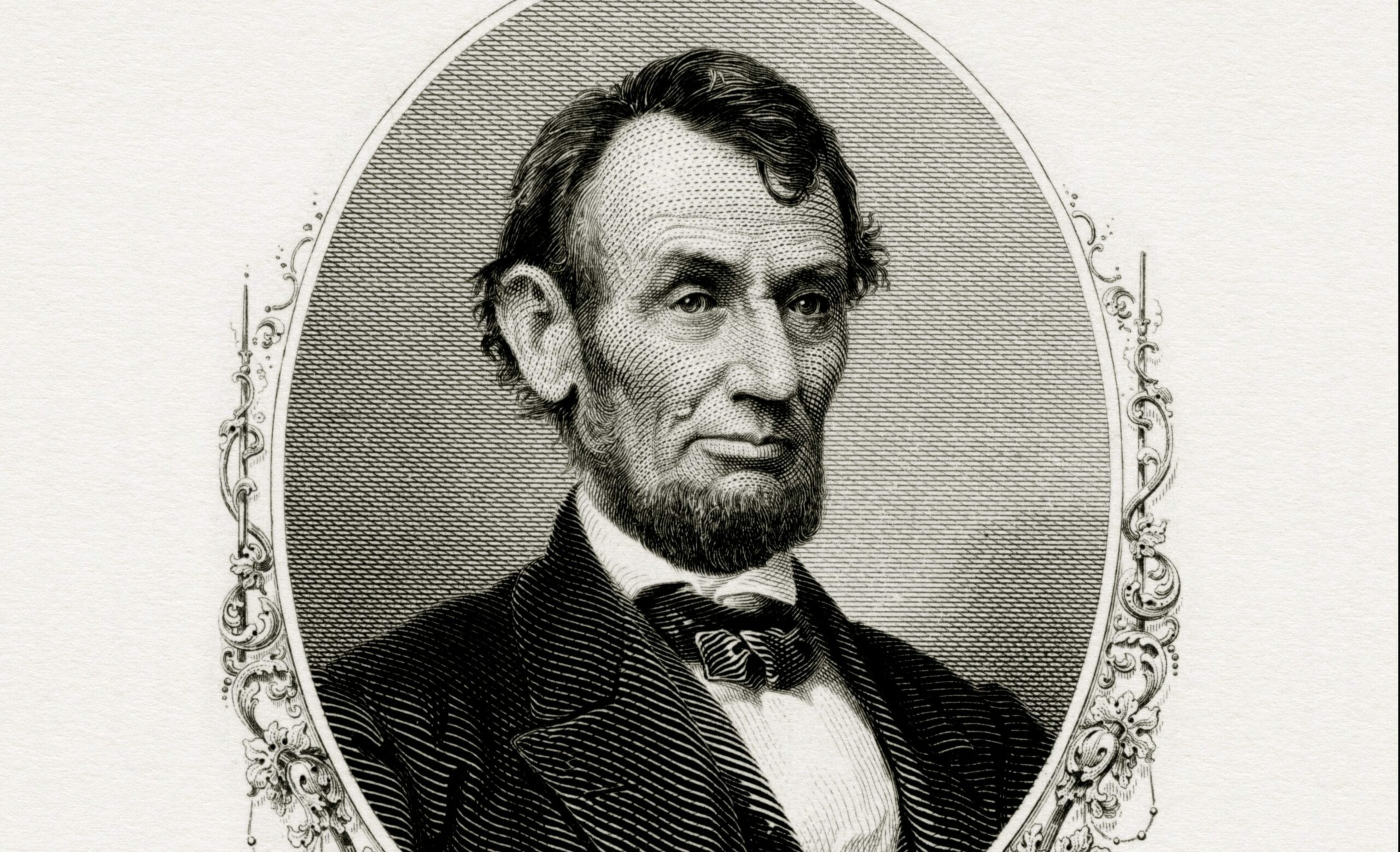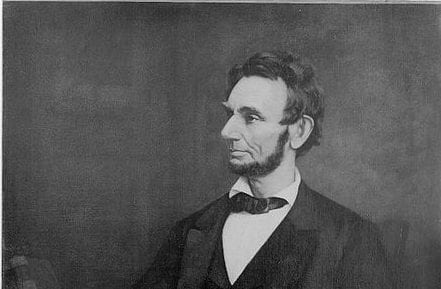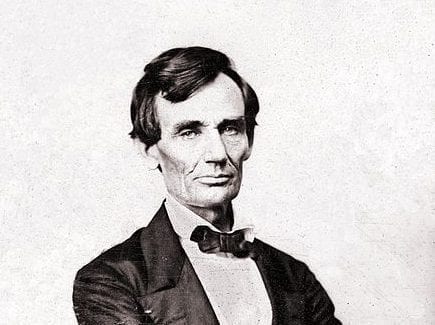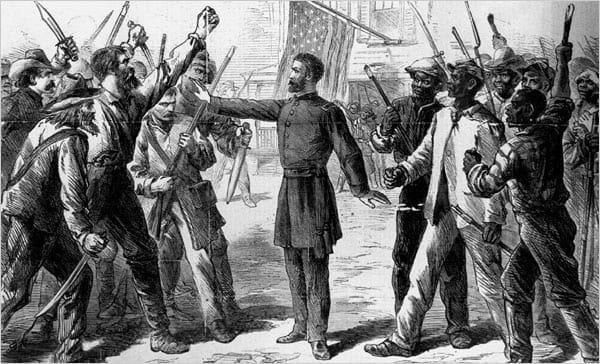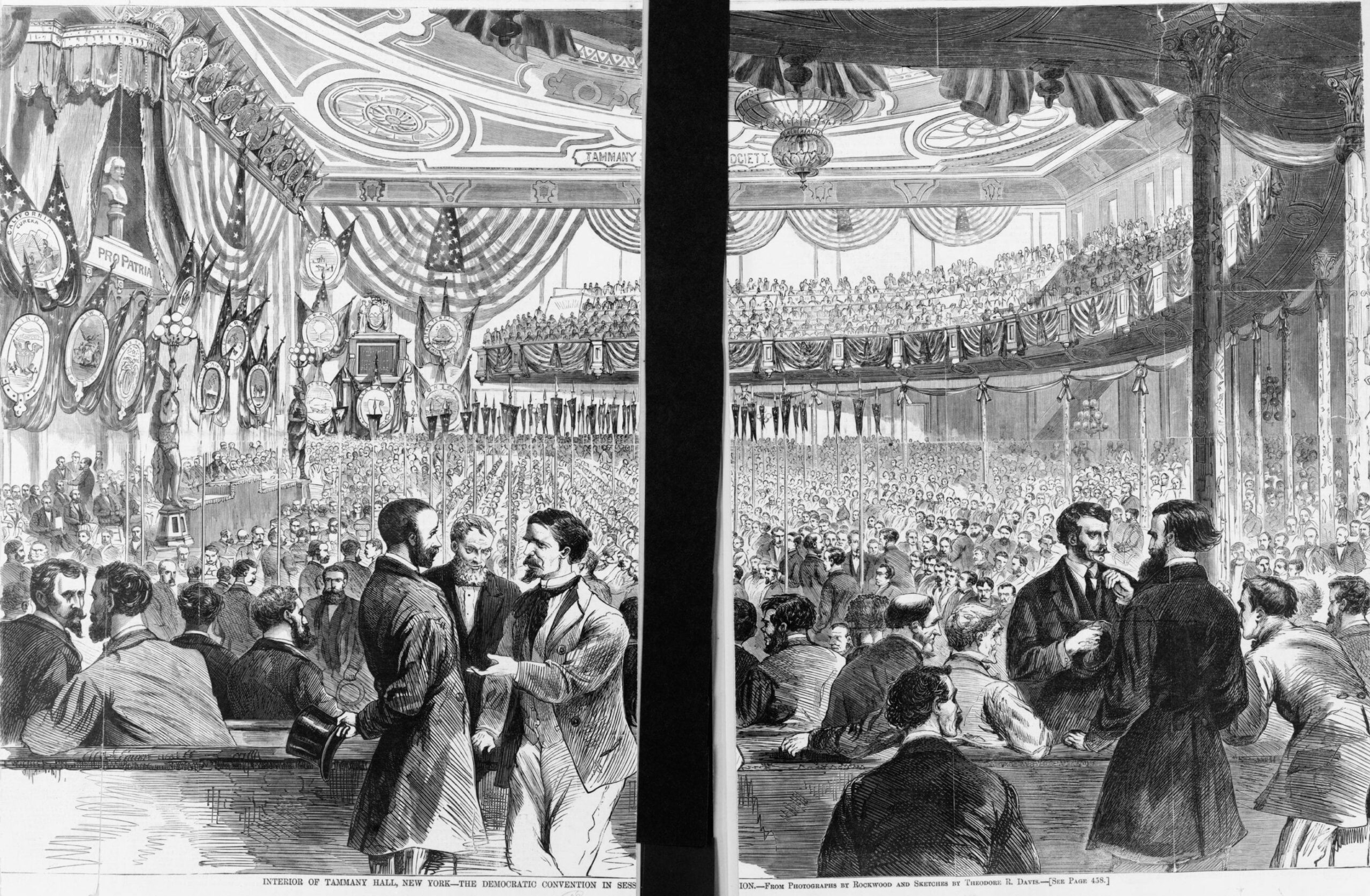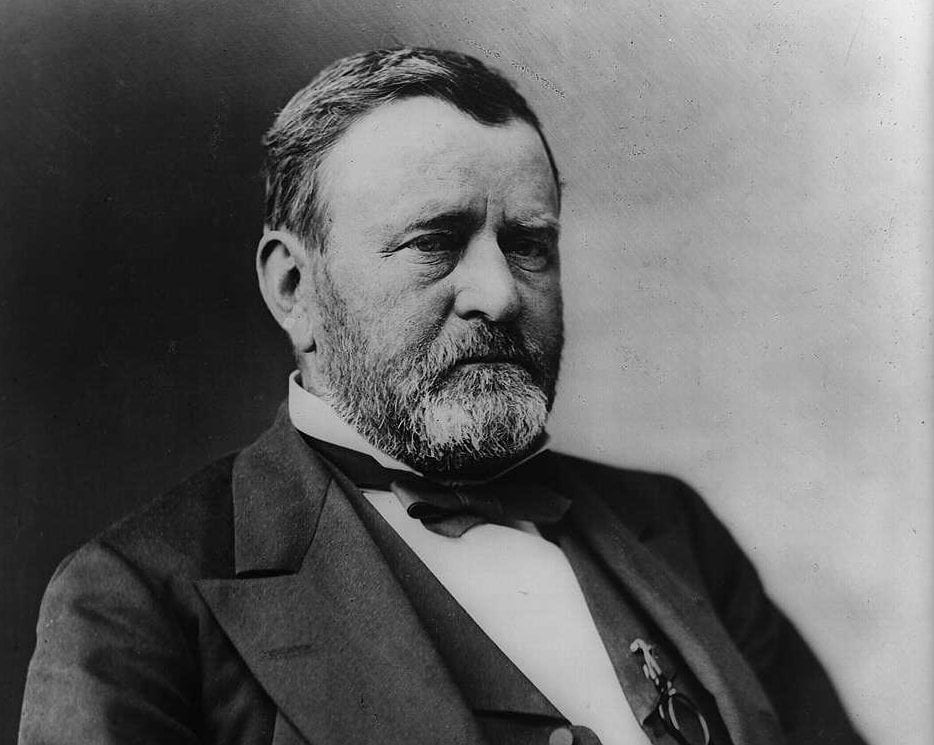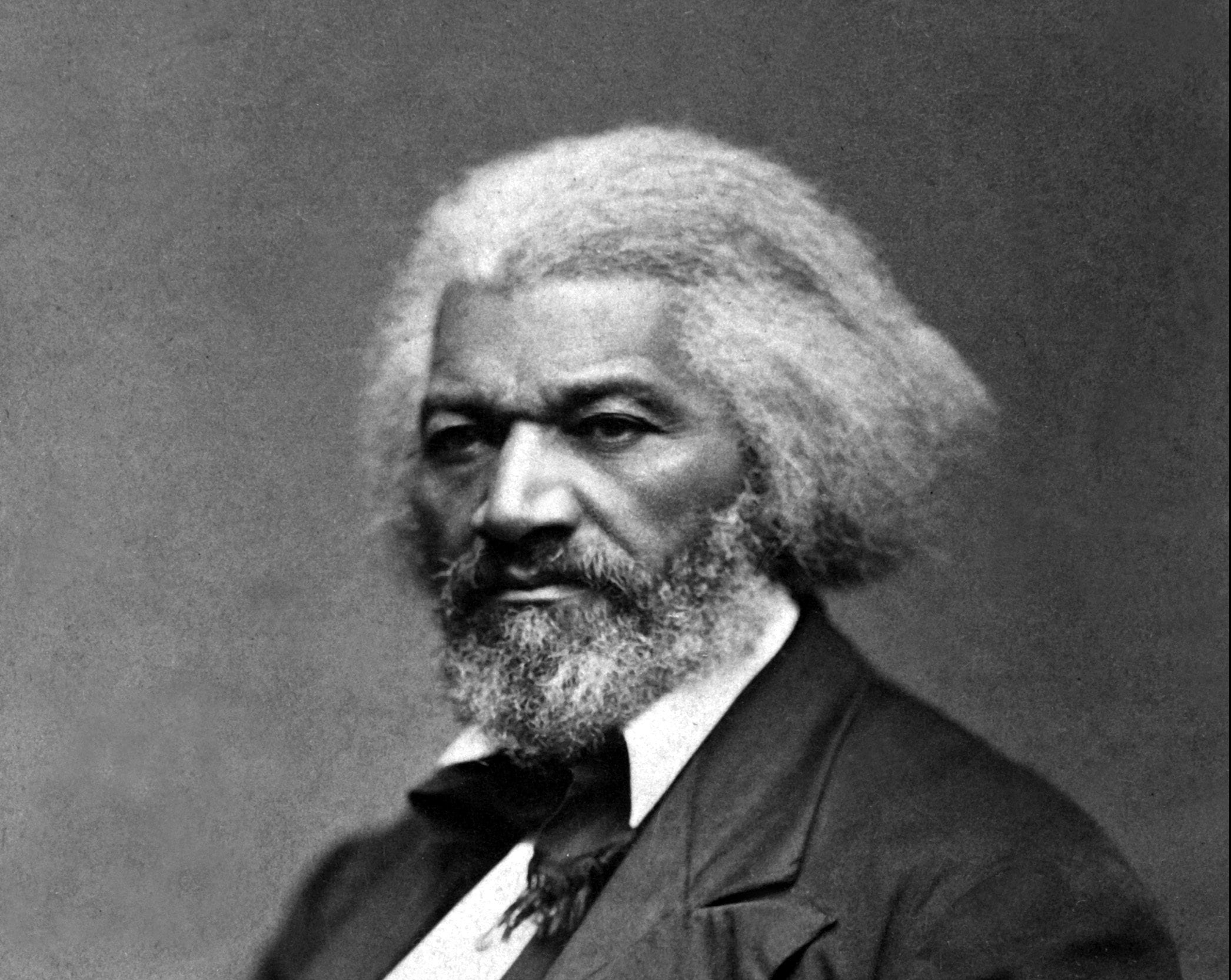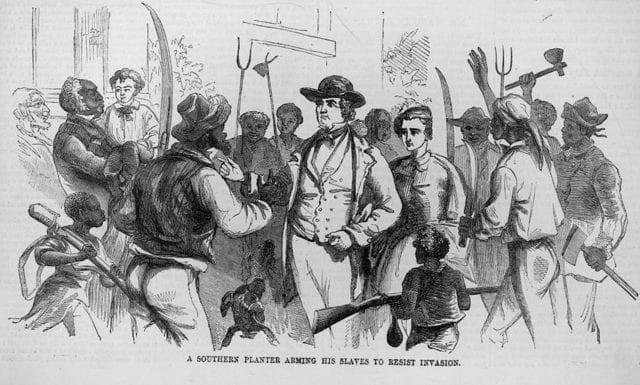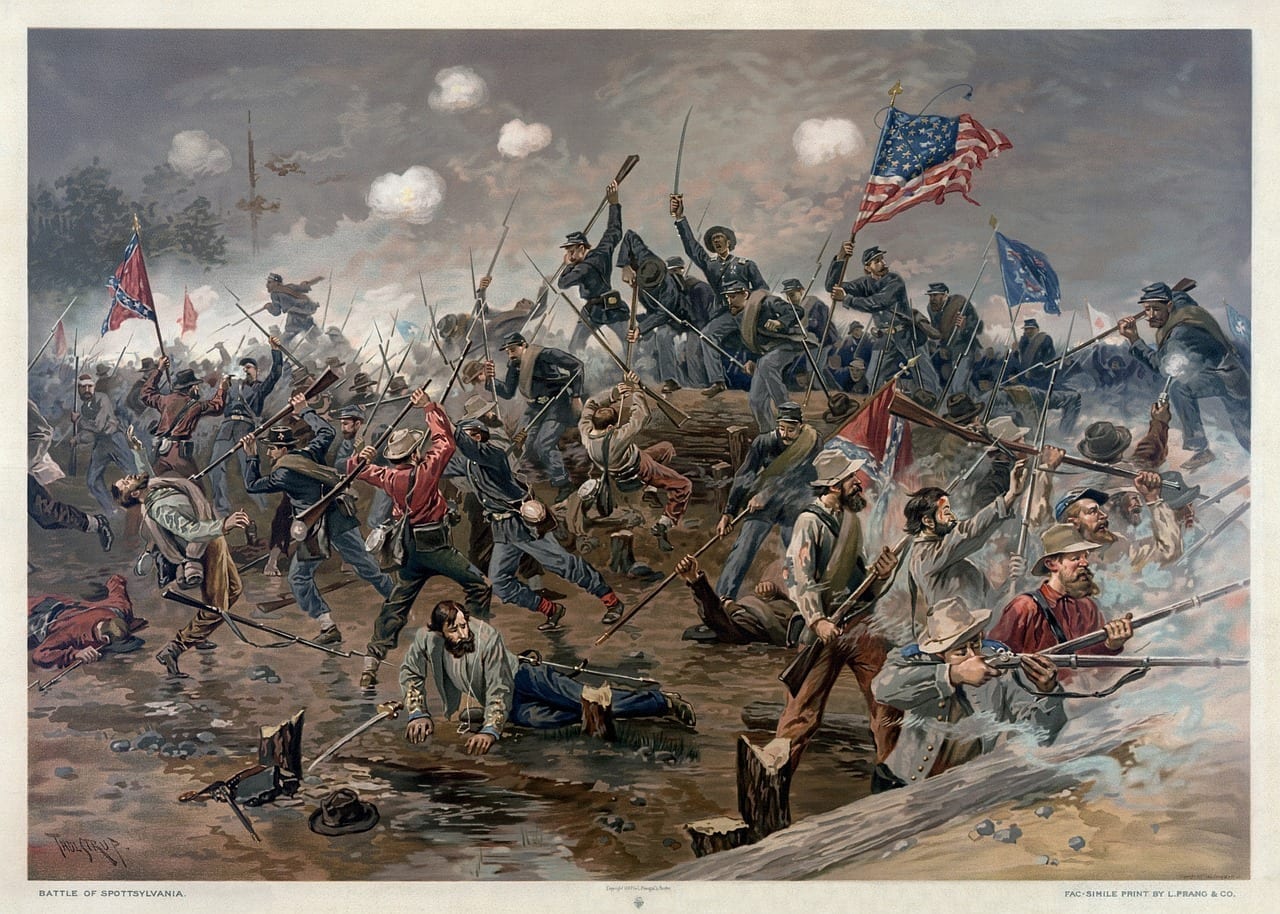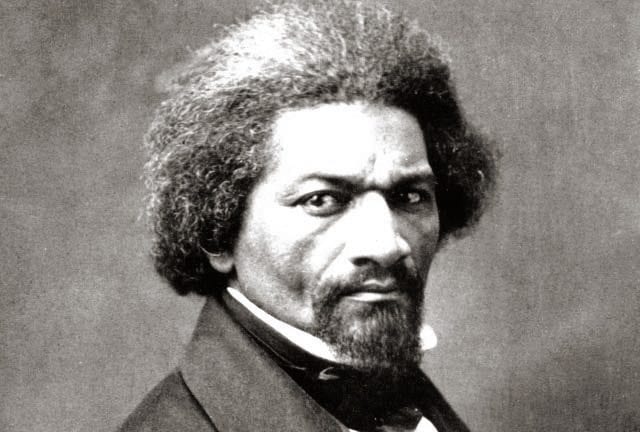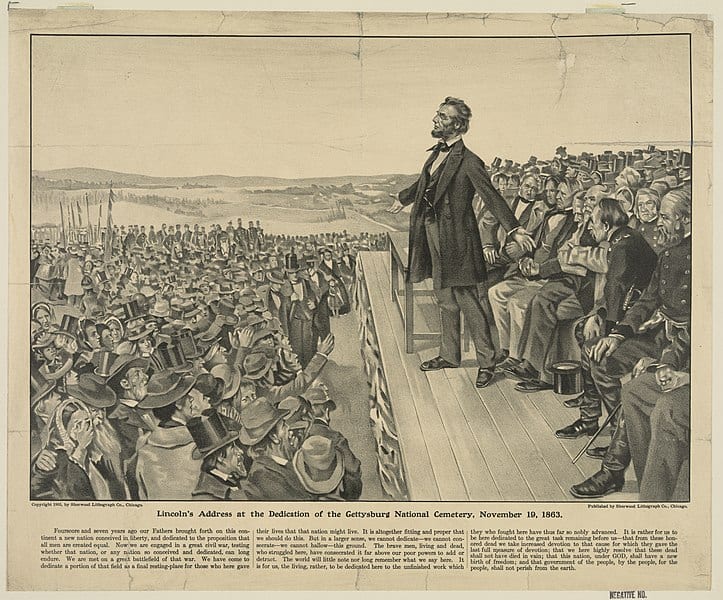

Introduction
In late 1864, Lambdin Milligan, an outspoken “Copperhead” Northern Democrat (that is, one who advocated reaching a negotiated settlement with the Confederacy, even at the cost of Union), was arrested in Indiana for conspiracy against the United States. Having been identified as a leader in a secret organization that aimed to subvert the war effort by encouraging resistance to the draft and by freeing Confederate prisoners, Milligan was tried by a military tribunal in Indianapolis and sentenced to death. Although his guilty verdict came only two weeks after his arrest, his execution was scheduled for May, 19, 1865. Lee surrendered at Appomattox on April 9, 1865. Milligan challenged his conviction in court, and the Supreme Court ultimately decided in Milligan’s favor. All nine Justices agreed that Milligan’s conviction by military tribunal was unlawful, but four of the nine argued in a separate opinion that the problem was not the tribunals themselves but the fact that Congress had not authorized them. In the opinion below, Justice David Davis argued instead that the key factor was that the civil courts of justice in Indiana had never closed. Because the military was using tribunals under Lincoln’s authority, this case is an important early example of the Supreme Court challenging the power of the president as Commander in Chief during wartime. Note, however, that the decision was given after the War had ended.
Source: Cases Argued and Adjudged in the Supreme Court of the United States, December Term, 1866. Volume IV. (New York and Albany: Banks and Brothers, Law Publishers, 1889), 107-30.
Mr. Justice Davis delivered the opinion of the court. . . .
The controlling question in the case is this: Upon the facts stated in Milligan’s petition, and the exhibits filed, had the military commission mentioned in it jurisdiction, legally, to try and sentence him? Milligan, not a resident of one of the rebellious states, or a prisoner of war, but a citizen of Indiana for twenty years past, and never in the military or naval service, is, while at his home, arrested by the military power of the United States, imprisoned, and, on certain criminal charges preferred against him, tried, convicted, and sentenced to be hanged by a military commander of the military district of Indiana. Had this tribunal the legal power and authority to try and punish this man?
No graver question was ever considered by this court, nor one which more nearly concerns the rights of the whole people; for it is the birthright of every American citizen when charged with crime, to be tried and punished according to law. The power of punishment is alone [the means through] which the laws have provided for that purpose, and if they are ineffectual, there is an immunity from punishment, no matter how great an offender the individual may be, or how much his crimes may have shocked the sense of justice of the country, or endangered its safety. By the protection of the law human rights are secured; withdraw that protection, and they are at the mercy of wicked rulers, or the clamor of an excited people. If there was law to justify this military trial, it is not our province to interfere; if there was not, it is our duty to declare the nullity of the whole proceedings. The decision of this question does not depend on argument or judicial precedents, numerous and highly illustrative as they are. These precedents inform us of the extent of the struggle to preserve liberty and to relieve those in civil life from military trials. The founders of our government were familiar with the history of that struggle; and secured in a written constitution every right which the people had wrested from power during a contest of ages. By that Constitution and the laws authorized by it this question must be determined. The provisions of that instrument on the administration of criminal justice are too plain and direct, to leave room for misconstruction or doubt of their true meaning. Those applicable to this case are found in that clause of the original Constitution which says, “That the trial of all crimes, except in case of impeachment, shall be by jury;”[1] and in the fourth, fifth, and sixth articles of the amendments. The fourth proclaims the right to be secure in person and effects against unreasonable search and seizure; and directs that a judicial warrant shall not issue “without proof of probable cause supported by oath or affirmation.” The fifth declares “that no person shall be held to answer for a capital or otherwise infamous crime unless on presentment by a grand jury, except in cases arising in the land or naval forces, or in the militia, when in actual service in time of war or public danger, nor be deprived of life, liberty, or property, without due process of law.” And the sixth guarantees the right of trial by jury, in such manner and with such regulations that with upright judges, impartial juries, and an able bar, the innocent will be saved and the guilty punished. It is in these words:
In all criminal prosecutions the accused shall enjoy the right to a speedy and public trial by an impartial jury of the state and district shall have been previously ascertained by law, and to be informed of the nature and cause of the accusation, to be confronted with the witnesses against him, to have compulsory process for obtaining witnesses in his favor, and to have the assistance of counsel for his defense.
These securities for personal liberty thus embodied, were such as wisdom and experience had demonstrated to be necessary for the protection of those accused of crime. And so strong was the sense of the country of their importance, and so jealous were the people that these rights, highly prized, might be denied them by implication, that when the original Constitution was proposed for adoption it encountered severe opposition; and, but for the belief that it would be so amended as to embrace them, it would never have been ratified.
Time has proven the discernment of our ancestors; for even these provisions, expressed in such plain English words, that it would seem the ingenuity of man could not evade them, are now, after the lapse of more than seventy years, sought to be avoided. Those great and good men foresaw that troublous times would arise, when rulers and people would become restive under restraint, and seek by sharp and decisive measures to accomplish ends deemed just and proper; and that the principles of constitutional liberty would be in peril, unless established by irrepealable law. The history of the world had taught them that what was done in the past might be attempted in the future. The Constitution of the United States is a law for rulers and people, equally in war and in peace, and covers with the shield of its protection all classes of men, at all times, and under all circumstances. No doctrine, involving more pernicious consequences, was ever invented by the wit of man than that any of its provisions can be suspended during any of the great exigencies of government. Such a doctrine leads directly to anarchy or despotism, but the theory of necessity on which it is based is false; for the government, within the Constitution, has all the powers granted to it, which are necessary to preserve its existence; as has been happily proved by the result of the great effort to throw off its just authority.
Have any of the rights guaranteed by the Constitution been violated in the case of Milligan? And if so, what are they?
Every trial involves the exercise of judicial power; and from what source did the military commission that tried him derive their authority? Certainly, no part of the judicial power of the country was conferred on them; because the Constitution expressly vests it “in one supreme court and such inferior courts as the Congress may from time to time ordain and establish,”[2] and it is not pretended that the commission was a court ordained and established by Congress. They cannot justify on the mandate of the President; because he is controlled by law, and has his appropriate sphere of duty, which is to execute, not to make, the laws; and there is “no unwritten criminal code to which resort can be had as a source of jurisdiction.”[3]
But it is said that the jurisdiction is complete under the “laws and usages of war.”[4]
It can serve no useful purpose to inquire what those laws and usages are, whence they originated, where found, and on whom they operate; they can never be applied to citizens in states which have upheld the authority of the government, and where the courts are open and their process unobstructed. This court has judicial knowledge that in Indiana the Federal authority was always unopposed, and its courts always open to hear criminal accusations and redress grievances; and no usage of war could sanction a military there for any offence whatever of a citizen in civil life, in nowise connected with the military service. Congress could grant no such power; and to the honor of our national legislature be it said, it has never been provoked by the state of the country even to attempt its exercise. One of the plainest constitutional provisions was, therefore, infringed when Milligan was tried by a court not ordained and established by Congress, and not composed of judges appointed during good behavior.
Why was he not delivered to the Circuit Court of Indiana to be proceeded against according to law? No reason of necessity could be urged against it; because Congress had declared penalties against the offences charged, provided for their punishment, and directed that court to hear and determine them. And soon after this military tribunal was ended, the Circuit Court met, peacefully transacted its business, and adjourned. It needed no bayonets to protect it, and required no military aid to execute it judgements. It was held in a state, eminently distinguished for patriotism, by judges commissioned during the Rebellion, who were provided with juries, upright, intelligent, and selected by a marshal appointed by the President. The government had no right to conclude that Milligan, if guilty, would not receive in that court merited punishment; for its records disclose that it was constantly engaged in the trial of similar offences, and was never interrupted in its administration of criminal justice. If it was dangerous, in the distracted condition of affairs, to leave Milligan unrestrained of his liberty, because he “conspired against the government, afforded aid and comfort to rebels, and incited the people to insurrection,”[5] the law said arrest him, confine him closely, render him powerless to do further mischief; and then present his case to the grand jury of the district, with proofs of his guilt, and, if indicted, try him according to the course of the common law. If this had been done, the Constitution would have been vindicated, the law of 1863 enforced, and the securities for personal liberty preserved and defended.
Another guarantee of freedom was broken when Milligan was denied a trial by jury. The great minds of the country have differed on the correct interpretation to be given to various provisions of the Federal Constitution; and judicial decision has been often invoked to settle their true meaning; but until recently no one ever doubted that the right of trial by jury was fortified in the organic law against the power of attack. It is now assailed; but if ideas can be expressed in words, and language has any meaning, this right—one of the most valuable in a free country—is preserved to everyone accused of crime who is not attached to the army, or navy, or militia in actual service. The sixth amendment affirms that “in all criminal prosecutions the accused shall enjoy the right to a speedy and public trial by an impartial jury,” language broad enough to embrace all persons and cases; but the fifth, recognizing the necessity of an indictment, or presentment, before anyone can be held to answer for high crimes, “excepts cases arising in the land or naval forces, or in the militia, when in actual service, in time of war or public danger;” and the framers of the Constitution, doubtless, meant to limit the right of trial by jury, in the sixth amendment, to those persons who were subject to indictment or presentment in the fifth.
The discipline necessary to the efficiency of the army and navy, required other and swifter modes of trial than are furnished by the common law courts; and, in pursuance of the power conferred by the Constitution, Congress has declared the kinds of trial, and the manner in which they shall be conducted, for offences committed while the party is in the military or naval service. Every one connected with these branches of the public service is amenable to the jurisdiction which Congress has created for their government, and, while thus serving, surrenders his right to be tried by the civil courts. All other persons, citizens of states where the courts are open, if charged with crime, are guaranteed the inestimable privilege of trial by jury. This privilege is a vital principle, underlying the whole administration of criminal justice; it is not held by sufferance, and cannot be frittered away on any plea of state or political necessity. When peace prevails, and the authority of the government is undisputed, there is no difficulty of preserving the safeguards of liberty; for the ordinary modes of trial are never neglected, and no one wished it otherwise; but if society is disturbed by civil commotion—if the passions of men are aroused and the restraints of law weakened, if not disregarded—these safeguards need, and should receive, the watchful care of those entrusted with the guardianship of the Constitution and laws. In no other way can we transmit to posterity unimpaired the blessings of liberty, consecrated by the sacrifices of the Revolution.
It is claimed that martial law covers with its broad mantle the proceedings of this military commission. The proposition is this: that in a time of war the commander of an armed force (if in his opinion the exigencies of the country demand it, and of which he is to judge), has the power, within the lines of his military district, to suspend all civil rights and their remedies, and subject citizens as well as soldiers to the rule of his will; and in the exercise of his lawful authority cannot be restrained, except by his superior officer or the President of the United States.
If this position is sound to the extent claimed, then when war exists, foreign or domestic, and the country is subdivided into military departments for mere convenience, the commander of one them can, if he chooses, within his limits, on the plea of necessity, with the approval of the Executive, substitute military force for and to the exclusion of the laws, and punish all persons, as he thinks right and proper, without fixed or certain rules.
The statement of this proposition shows its importance; for, if true, republican government is a failure, and there is an end of liberty regulated by law. Martial law, established on such a basis, destroys every guarantee of the Constitution, and effectually renders the “military independent of and superior to the civil power”—the attempt to do which by the King of Great Britain was deemed by our fathers such an offence, that they assigned it to the world as one of the causes which impelled them to declare their independence. Civil liberty and this kind of martial law cannot endure together; the antagonism is irreconcilable; and, in the conflict, one or the other must perish.
- 1. Article III, Section 2.
- 2. Article III, Section 1
- 3. This line appears in an antebellum legal commentary: Alfred Conkling, A Treatise on the Organization, Jurisdiction and Practice of the Courts of the United States (W. A. Gould and Company, 1831), 74. Conkling (1789-1874) was a lawyer and a long-term district court judge in New York state.
- 4. Possibly a reference to military historian Francis Lieber’s lecture series on military ethics by that title, or to his pamphlet, Guerrilla Parties: Considered with Reference to the Laws and Usages of War (D. Van Nostrand, 1862). Lieber (1798-1892) was such a respected expert in the field of military ethics that President Lincoln tasked him with serving as the primary author of the army’s revised code of conduct, Instructions for the Government of Armies of the United States in the Field (1863), known also as General Order № 100, or simply, the Lieber Instructions.
- 5. Presumably a quotation from the case against Milligan.
Annual Message to Congress (1866)
December 03, 1866
Conversation-based seminars for collegial PD, one-day and multi-day seminars, graduate credit seminars (MA degree), online and in-person.


